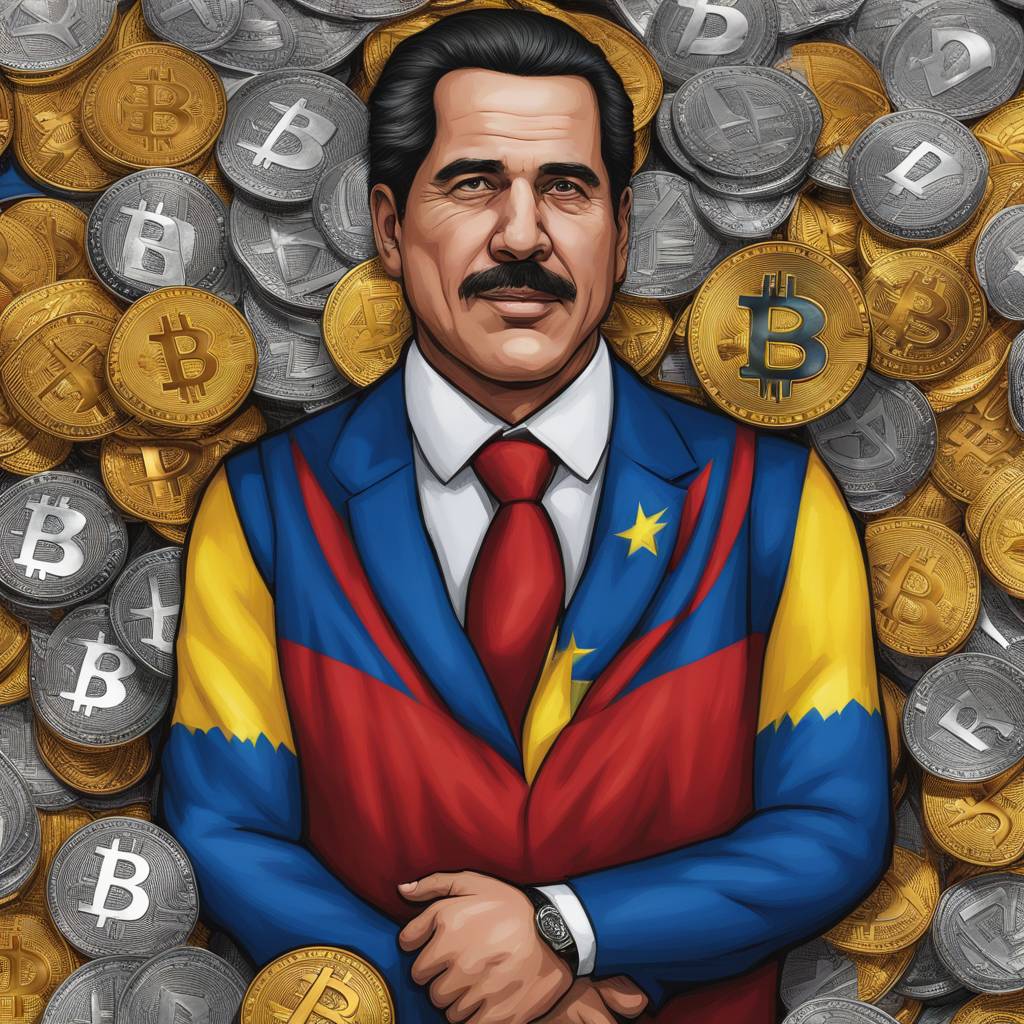Former Venezuelan Vice President Tareck El Aissami has been arrested by prosecutors for his alleged involvement in a crypto plot to embezzle money from state oil sales. El Aissami had been on the run for a year, accused of converting cash into cryptocurrencies and moving coins onto the Kraken exchange. The case is known as the “PDVSA-crypto corruption incident” and has led to arrests of high-ranking government officials, including the former President of Sunacrip, Joselit Ramírez.
El Aissami, along with businessman Samark López and former Minister of Economy Simón Zerpa, is accused of stealing billions of dollars by operating a corruption network. They reportedly hid proceeds from oil sales in crypto wallets, preventing the Central Bank from accessing the funds. Several military officers involved in mining cryptoassets for the state have also been arrested, along with PDVSA employees and individuals who used state oil funds for personal expenses like cosmetic surgery.
The government believes it lost at least $3 billion in oil revenues as a result of deals dating back to 2018. Authorities have charged the defendants with treason and misappropriation of public funds, accusing them of plotting to destroy the national economy and devalue the fiat bolívar. El Aissami and his associates allegedly used shell companies and overseas crypto payments to move funds undetected, ultimately transferring them to the Kraken exchange.
The involvement of a crypto firm like Kraken in the embezzlement scheme is significant, as it is the first time a specific exchange has been named in connection with the PDVSA-crypto corruption incident. The government’s crackdown on crypto-related activities also includes ending the Petro cryptocurrency and halting operations of crypto mining firms. Caracas is moving away from its previous “cryptoeconomic model” of financial growth, after allegedly accumulating a large stash of Bitcoin and Ethereum coins through oil sales.
The arrests of top government officials and military officers highlight the extent of corruption within the Maduro regime and the misuse of state oil funds. The case sheds light on the role of cryptocurrencies in facilitating illicit activities and money laundering by senior government figures. The Venezuelan authorities are taking steps to hold those responsible for the embezzlement scheme accountable and to prevent further exploitation of crypto assets for personal gain. The prosecution of El Aissami, López, Zerpa, and other defendants signals a crackdown on corruption at the highest levels of power in Venezuela.


